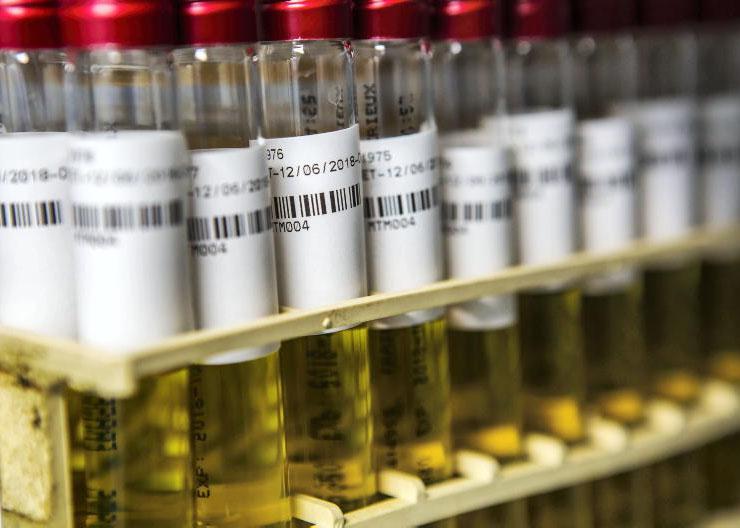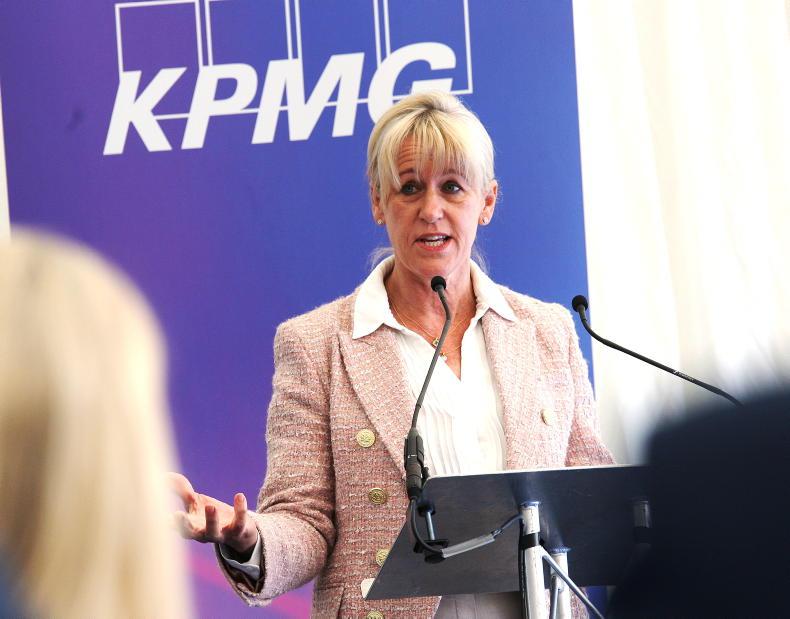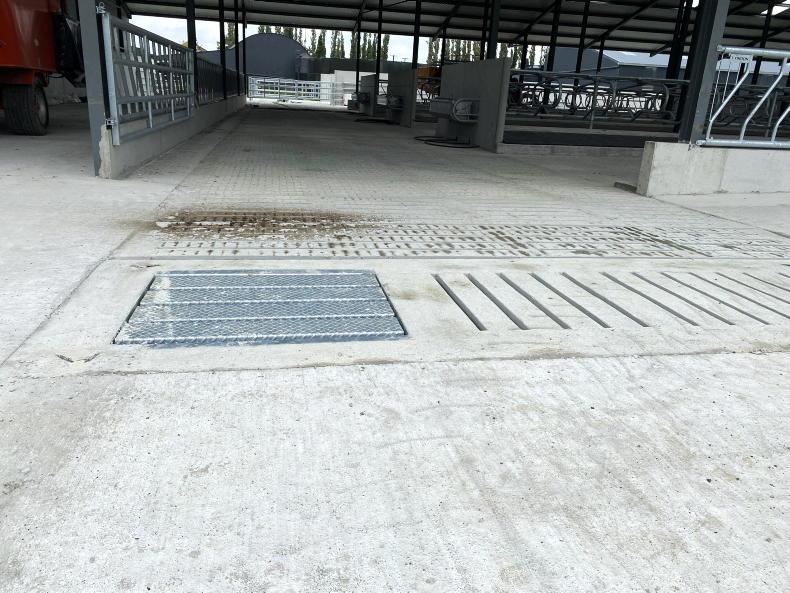Three in running for Wool Board
There are three candidates contesting the election to serve as a board member for Ulster Wool and represent local members on the British Wool board.
As well as current board member, Brendan Kelly, Robert Burgess from Saintfield and Timothy Smith from Katesbridge are in the running for the position.
Voting details will be sent to all registered Ulster Wool members on Thursday, 18 January, and all votes must be placed by 6pm on Thursday, 8 February 2024.
The term of office is three years, commencing 1 April 2024.
NI abattoirs face one-day shutdown
Strike action by trade union members on Thursday, 18 January, is likely to impact beef and sheep processing plants across NI.
It is expected that DAERA vets and meat inspectors will be withdrawing their services as part of industrial action across the wider public sector. However, a limited number of DAERA staff should be able to keep poultry and pig-processing plants operational.
Bradshaw set to be elected NFU president
Essex arable farmer Tom Bradshaw is set to become the next president of the National Farmers’ Union (NFU) in England.
He is running unopposed in the election to take over from Minette Batters, who has held the position for six years.
Several candidates are standing for election in the other officeholder roles, with the results to be announced at the NFU annual conference in Birmingham next month.
Current vice-president David Exwood is aiming to move to the more senior position of deputy president.
The mixed farmer from Sussex is running against Lancashire upland farmer Thomas Binns, Midlands dairy farmer Michael Oakes and Yorkshire drystock farmer Rachel Hallos.
The contest for vice-president includes Wiltshire mixed farmer Mark Jeffery and Hampshire arable farmer Matt Culley.
Thomas Binns, Rachel Hallos and Michael Oakes are also running in the vice president election.
DAERA recruiting new NI chief vet
DAERA is recruiting a new chief veterinary officer for NI to replace Dr Robert Huey, who has been in the role since 2014.
The job is a senior civil service grade three position and is being advertised with a salary of £96,722 to £108,118.
The role is based at DAERA’s offices in Jubilee House, Ballykelly and the deadline for applications is 26 February 2024.
UFU opposed to rodenticide changes
Changes to rules about the level of qualification needed to buy rodenticides, such as rat poison, have been criticised by the Ulster Farmers’ Union (UFU).
At present, farm quality assurance scheme membership is accepted as proof of competence when purchasing professional grade rodenticides.
However, the Campaign for Responsible Rodenticide Use has announced that this will no longer be allowed from January 2026, which means all users will need an approved training certificate.
“These new changes will affect farmers and growers’ ability to manage their own pest control and will create another cost for the farm business when finances are already under pressure,” said UFU deputy president William Irvine.
Upcoming CAFRE slurry event
The first CAFRE slurry management open day takes place at Greenmount Campus on Tuesday 16 January from 10am to 2pm. Tours start from 10.30am and run every 30 minutes.
The event will focus on efficient slurry management for economic and environmental benefits. It will also include a reminder of current nutrient action plan rules and the outlook for developments in slurry processing.
A similar event will take place on the farm of Ian McClelland on Tuesday 30 January. The event will run from 11am to 1pm and the farm is located at 64 Moss Road, Banbridge BT32 3NZ.
‘Alarming’ rise in Dover pork seizures
The rise in illegal pork seizures at the port of Dover in south-east England has been described as “alarming” by the British Meat Processors’ Association (BMPA).
In September 2022, it became illegal for individuals to bring more than 2kg of pork products into the UK, but since then 57 tonnes of pigmeat imports have been seized at Dover.
Swine Fever
The key concern with the black-market trade in pork is the risk of African Swine Fever entering the UK pig sector.
“It is really important that the port authorities are given the resources to clamp down on and eliminate this disease threat that could be so devastating to our sector,” said Nick Allen from the BMPA.
Flexible free range egg labels proposed
Free range egg producers in England and Scotland will no longer have to change how eggs are labelled during an avian influenza outbreak under proposed new rules published on Tuesday.
At present, free-range eggs from birds that are housed for more than 16 weeks must be labelled as barn eggs, even if compulsory housing orders for bird flu control are in place.
The proposed new rules for England and Scotland will bring the countries into line with existing free range egg marketing rules in the EU, which also already apply to NI.
Delayed liver fluke threat this winter
Strange weather patterns throughout 2023 have meant liver fluke burdens in livestock are appearing later than usual this winter, according to animal health experts.
“Towards the end of the year we started to get reports from abattoirs and private post-mortem providers of acute fluke cases. This was mirrored by other laboratories across the country,” said Rudolf Reichel from the Animal and Plant Health Agency.
Livestock farmers are being urged to remain vigilant for liver fluke, although reports suggest there has been a rise in the use of the Elisa blood test for fluke diagnosis this winter.
“At this stage of the year (January/February), when we would expect adult flukes to be present in the livers of infected livestock, we can also use faecal testing methods,” said Diana Williams from the University of Liverpool.
UK sheep flock drops to 12 year low
The UK sheep flock has fallen to a 12 year low point according to Defra figures with 31.8m animals on farm at 1 June 2023, down 4.1% from the previous year. Within the total population, the breeding flock is down 2.4% to 15.4m ewes with a further 6% decline in lambs under one year old.
Wales saw the largest reduction in sheep numbers with a 195,000 drop in breeding ewes. NI recorded a 2% decline in the breeding flock to stand at 973,718 with England and Scotland contracting by 1.6%.









SHARING OPTIONS